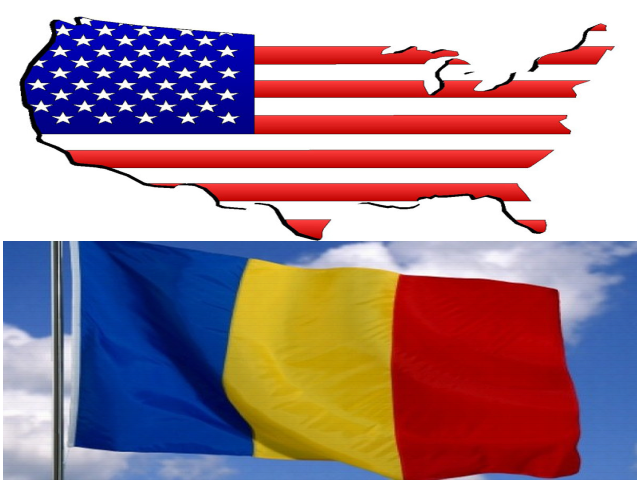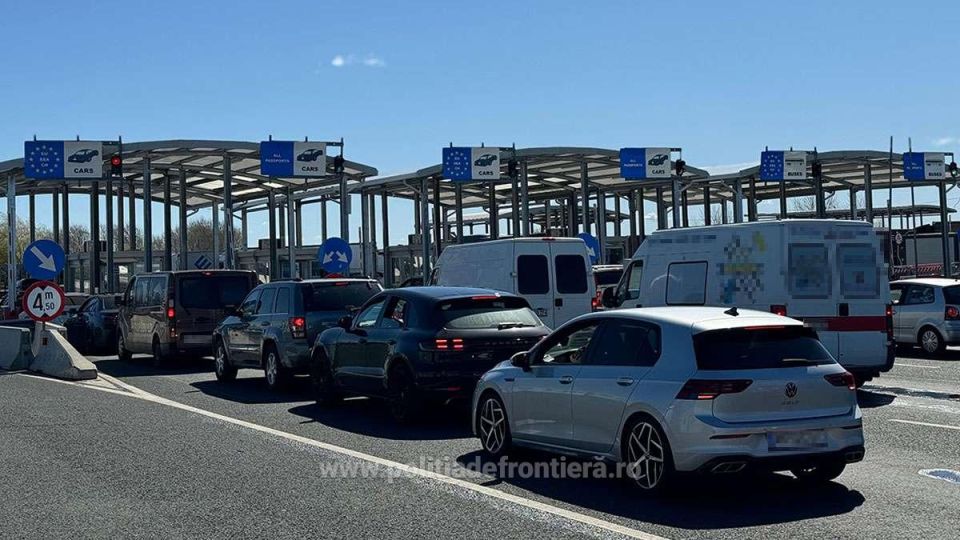Romanian-American ties
The United States is interested in Romania’s success as democratic partner, given that both countries have joint responsibilities worldwide and a strategic partnership. This statement, that is quite flattering for Bucharest, was made by the US vice president Joe Biden, who had a phone conversation on Thursday with Romanian President Traian Basescu, on regional developments. On that occasion, vice president Biden, a possible candidate from the Democratic Party in the 2016 presidential elections, voiced appreciation at Romania’s constant contribution to the NATO missions.

Bogdan Matei, 14.02.2014, 13:05
The United States is interested in Romania’s success as democratic partner, given that both countries have joint responsibilities worldwide and a strategic partnership. This statement, that is quite flattering for Bucharest, was made by the US vice president Joe Biden, who had a phone conversation on Thursday with Romanian President Traian Basescu, on regional developments. On that occasion, vice president Biden, a possible candidate from the Democratic Party in the 2016 presidential elections, voiced appreciation at Romania’s constant contribution to the NATO missions.
In terms of military cooperation, the Romanian-American ties are as close as possible. Romania has been supporting America’s foreign policy ever since the mid-90s, when, after freeing itself from communism and the burden of the Warsaw Pact, it became a NATO candidate country. Romania’s having granted the American military aircraft unlimited access to its airspace during the Kosovo war in 1999, the prompt military support for the Pentagon’s campaigns in Afghanistan and Iraq, in 2001 and 2003 respectively, eased Bucharest’s path towards NATO before it became full member in 2004.
Later, Romania hosted US military bases in Dobrogea, on the Black Sea coast, and also elements of an anti-missile shield, in Deveselu, in southern Romania. All these things shed positive light over the terms in office of three Romanian presidents – Emil Constantinescu, Ion Iliescu and Traian Basescu — all representing different political factions, and also over several governments. It is proof of the fact that Romania has been, in the eyes of the public and the political class, one of Europe’s most pro-American countries.
Nevertheless, things have not always run smoothly in Romanian-American ties. Although a strategic partner of Romania, the United States does not currently have an ambassador in Bucharest, after the latest American ambassador, Mark Gittenstein, ended his mandate here. There is also the visa issue, as Romania is one of the five EU member states whose citizens still need visas to travel to the US.
This thing bothers not only Romanian officials, but also European ones, who have threatened to impose similar restrictions on American citizens traveling to the EU. The Americans, though, have their share of dissatisfaction as far as Romania is concerned. In a visit to Bucharest last month, the assistant Secretary of State Victoria Nuland made no secret of the fact that the US is concerned about the observance of the principles of the rule of law in Romania. According to political analysts, Victoria Nuland was referring to the alleged attempts of the current parliamentary majority in Bucharest to limit the freedom of the press and the prerogatives of the judiciary and grant politicians a ‘super-immunity’.






























